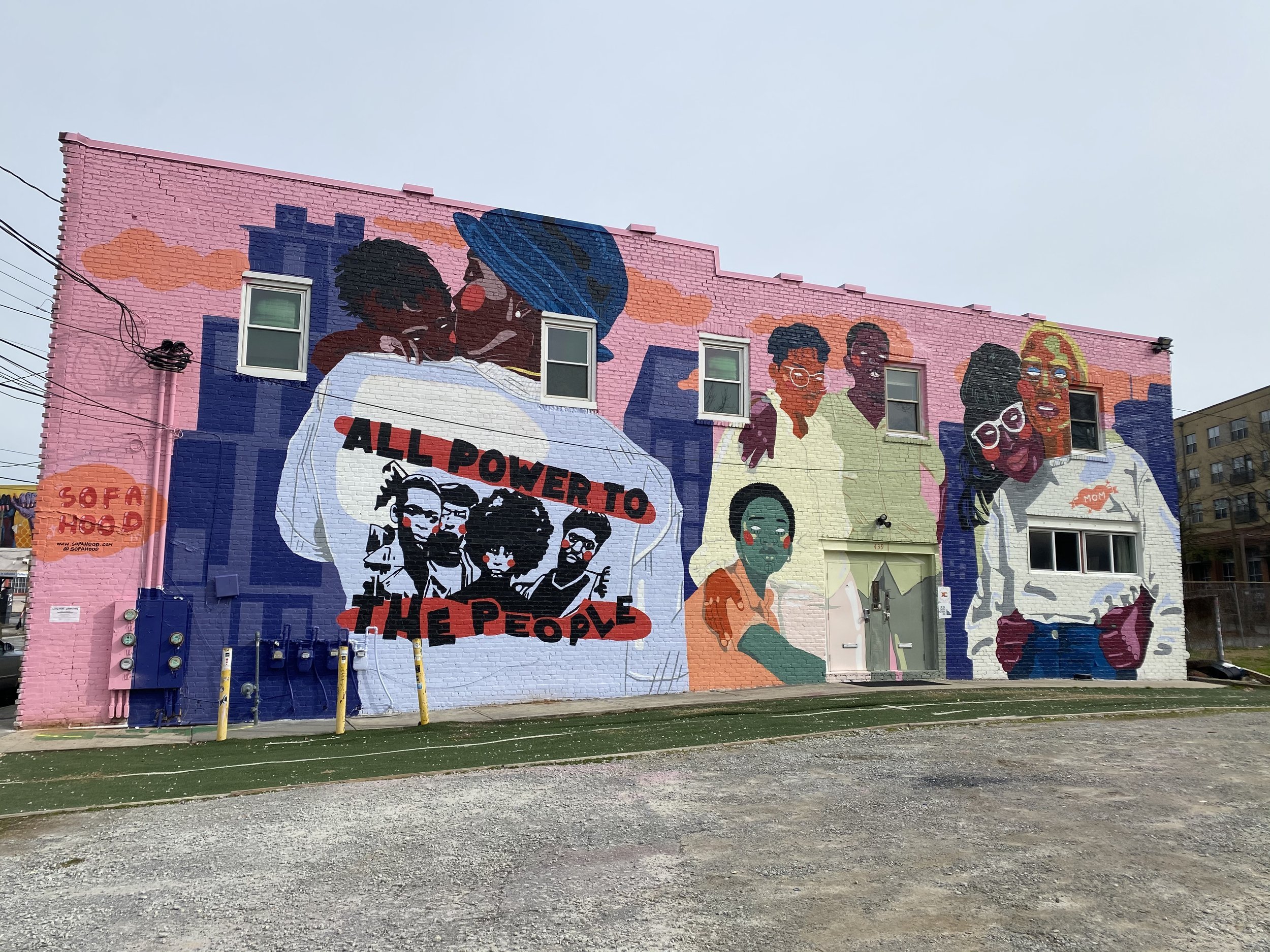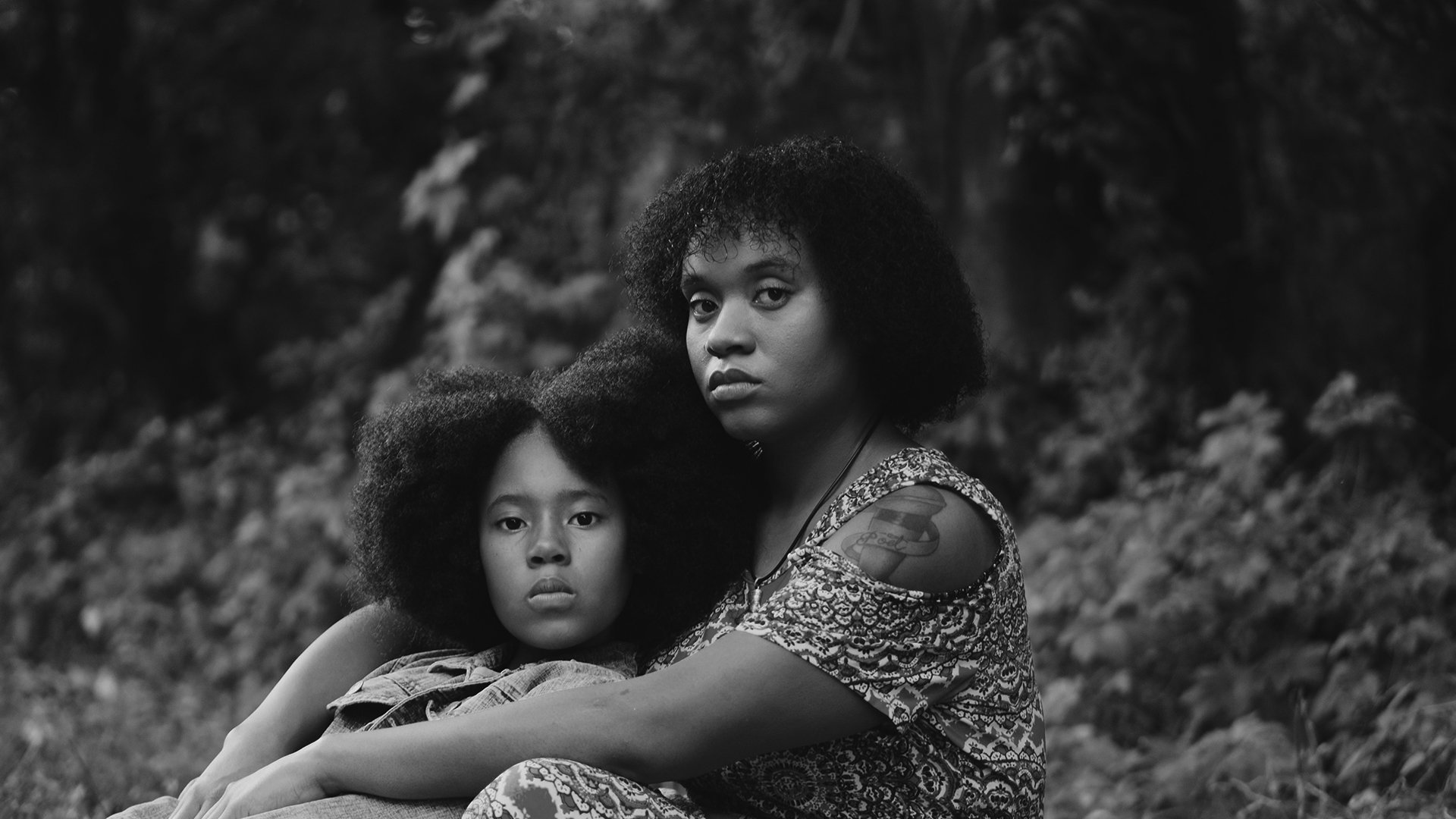
In Her Hands
What is in her hands?In Her Hands is a guaranteed income initiative focused on putting a solution to financial insecurity directly in the hands of women in Georgia. No strings attached.
The gap between dwindling paychecks and making ends meet for Black women has historically been larger and deeper than most other populations. Though people are incredibly resilient and resourceful with what they have, Black women are among the most likely group to experience cash shortfalls that make covering basic needs difficult. This isn’t the result of poor choices, it’s the result of pervasive economic insecurity that has the sharpest impact on women and communities of color and the people who live at the intersection of the two.
Formed through direct community input, In Her Hands will provide an average of $850 per month for 24 months to 650 women in three communities in Georgia. This $13 million initiative, powered by a partnership with the GRO Fund and GiveDirectly is already one of the largest guaranteed income programs in the South, a region where women of color face significant structural barriers to economic security and wealth-building.
The first location to participate in the initiative will be in Atlanta’s Old Fourth Ward, the neighborhood where Dr. Martin Luther King, Jr., grew up and later preached about guaranteed income. The second location to participate is Southwest Georgia’s Clay-Randolph-Terrell county cluster while the third location is the City of College Park.
GRO STORIESMeet Mary
“When that stimulus check hit for people, it was like the Earth was singing. There was no angry vibe in the ear — it used to be so tense you could cut the air with a knife. That’s because when people are broke and you need to eat or pay a bill and you don’t have it, some people are ready to do desperate things.”
- Mary Deloise Raven, Old Fourth Ward
Why cash?
We are disrupting “business as usual” by promoting assistance that is direct, flexible, dignified, and specifically focused on improving the financial health of Black women.
ChoiceExisting social safety nets often make it difficult for individuals to obtain assistance. Strict eligibility criteria, indirect or insufficient aid, and bureaucratic obstacles make it difficult for families to get the support that meets their needs when they need it most.
FlexibilityThese systems are also exclusionary by design, requiring individuals to jump through hoops to prove they are worthy of assistance. The stakes are particularly high for marginalized communities, due to the dominant narrative that poverty is a consequence of individual choices rather than structural barriers.
StabilityWe expect participants will be able to spend more on health costs for themselves and their families, pay down debt, and reduce caretaking burdens and trade-offs, which will, in turn, allow them to build income stability and economic security.

“The dignity of the individual will flourish when the decisions concerning his life are in his own hands, when he has the assurance that his income is stable and certain…”
— Dr. Martin Luther King, 1967


